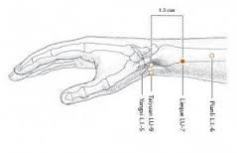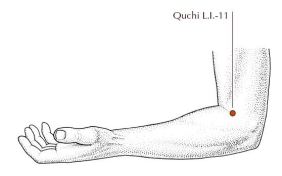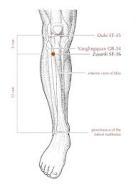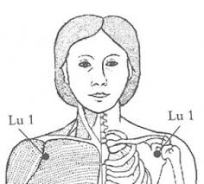The crisp fall weather has arrived, hinting already at the coming winter. Known as the cold and flu season, the cold weather months are also linked to seasonal affective disorder (SAD), depression, and aggravation of skin problems like eczema and psoriasis.
Even if you don’t suffer from any of these particular wellness challenges, it’s a good idea to keep your body strong and optimally healthy by supporting your health specific for each season. Try starting with these health tips for fall and winter.
Breathe. Yes, of course you’re already breathing. But take the time to stop, notice your breath, then take a few minutes to deepen and slow that breath down. Breathe in to the bottom of your lungs, expanding your whole ribcage–front, back, and sides. Pause for just a moment. Then release your whole breath out, emptying your lungs. Pause again and start over with another deep inhale. Make sure you don’t make yourself dizzy, but try this for 5-10 breaths. Each time you breathe in, visualize the oxygen nourishing your whole body, supplying your cells with vital energy. Each time you breathe out, feel the release of letting go of what you do not need or want.
Wear a scarf. Or turn up your collar or wear a turtleneck shirt. I consider scarves as health accessories, not just fashion accessories. Keeping your neck and shoulders warm and covered helps avoid a lowering of your immune system’s ability to ward off attack. It also helps prevent your muscles from tightening up as you start to pull your shoulders up toward your ears to guard against the cold air.
Get outside to connect with nature. Even though the weather turns colder in the fall, get close to some trees and practice the first health tip. If you can’t get outside, use indoor plants to help. Peace lilies, rubber plants, spider plants, and snake plants, in particular, help clean and filtre your air by absorbing airborne bacteria, mould spores, and cancer-causing contaminants like formaldehyde.
Consider your food choices. As the weather cools, soups, stews, slow cooked meals, roasted and steamed vegetables, and hot oatmeal are better options than salads, raw foods, and cold smoothies. Those latter foods are still healthy, but check in with your body and chances are you’ll find a balance tipping toward warmer foods may feel more suitable. Include fall harvest root veggies like sweet potatoes, yams, pumpkin, carrots, turnips, parsnips, rutabaga, and beets. Support your immune system with garlic, onions, thyme, oregano, mushrooms, and hot tea. And boost up your network of good bacteria in your gut by eating fermented foods like yogurt, miso, tempeh, and sauerkraut, and choose a high quality probiotic supplement.
Try acupressure. Massaging or pressing on the following points can help support the immune system, one of the key aspects of the Lung system, and timely for the start of the cold and flu season. Press each point for 30 seconds. Some points can be done both sides at the same time.
Lung 7
Lung 7: Find this point by starting with giving a “thumbs up” sign with one hand. You’ll see a pocket form (called the “anatomical snuff box” because people used to put powdered tobacco–or snuff–in here to sniff it out) at the base of your thumb. Use your other hand to measure 2 finger-widths up your arm from the pocket.
LI 11
Large Intestine 11: With your elbow bent at 90 degrees, find a tender point just lateral (thumb side) to the end of your elbow crease.
ST 36
Stomach 36: This point has been called the vitamin C point of the body because of its many health benefits. In addition to supporting digestive health and improving energy, it can also support immune health. With your knee bent at 90 degrees, find a depression below and lateral (pinky toe side) to your kneecap. The point is found one hand-width below that, just lateral to the shin bone (tibia). It will likely be tender.
Lung 1
Lung 1: This point is found about 3 finger-widths below the collarbone, just in front of the arm bone and shoulder, where there is a depression.
Of course, regular tune-ups, especially over seasonal transitions, is key too. Traditional Chinese Medicine consult and acupuncture can help you overcome illness, pain, fatigue, digestive issues, and many other symptoms that challenge your goal of optimal wellness.
Share this Post




